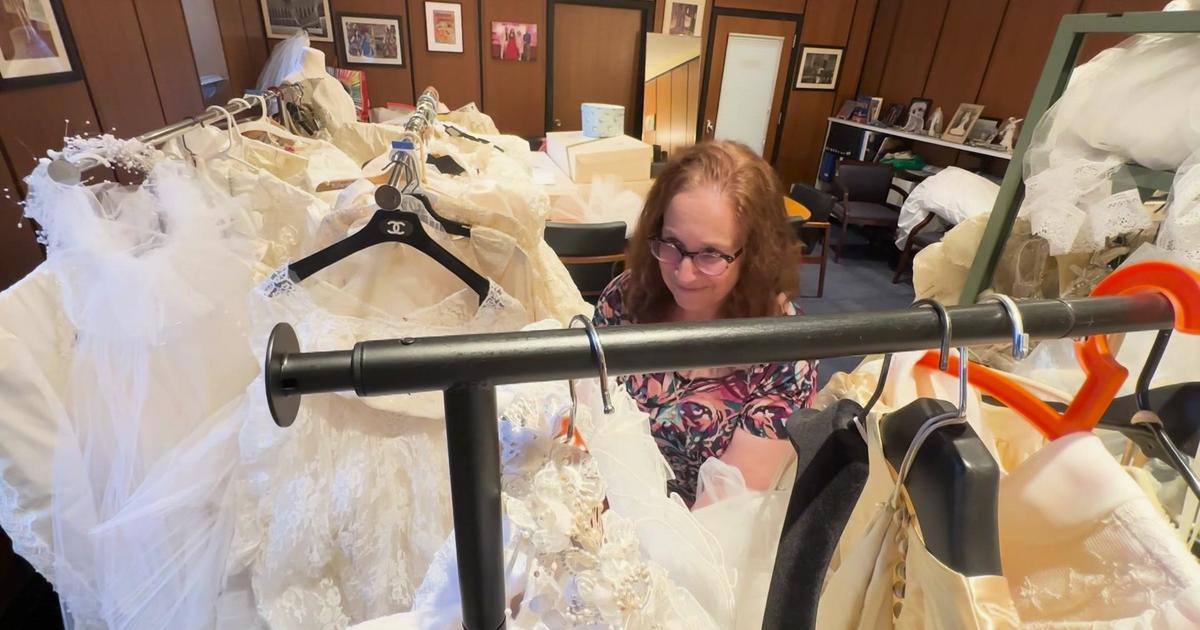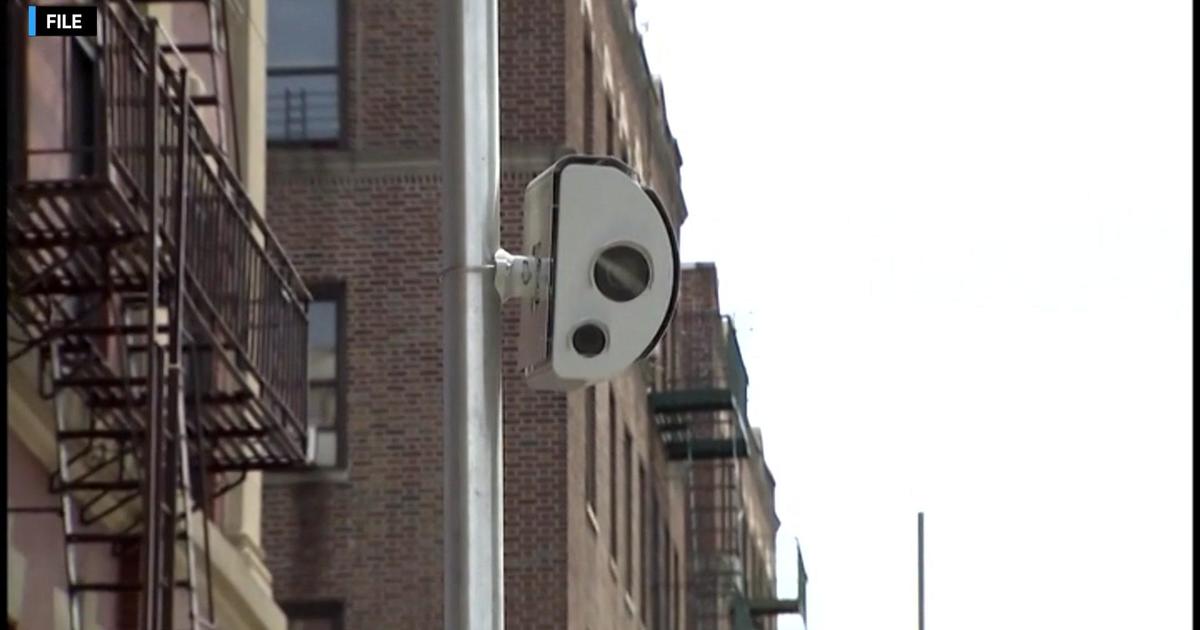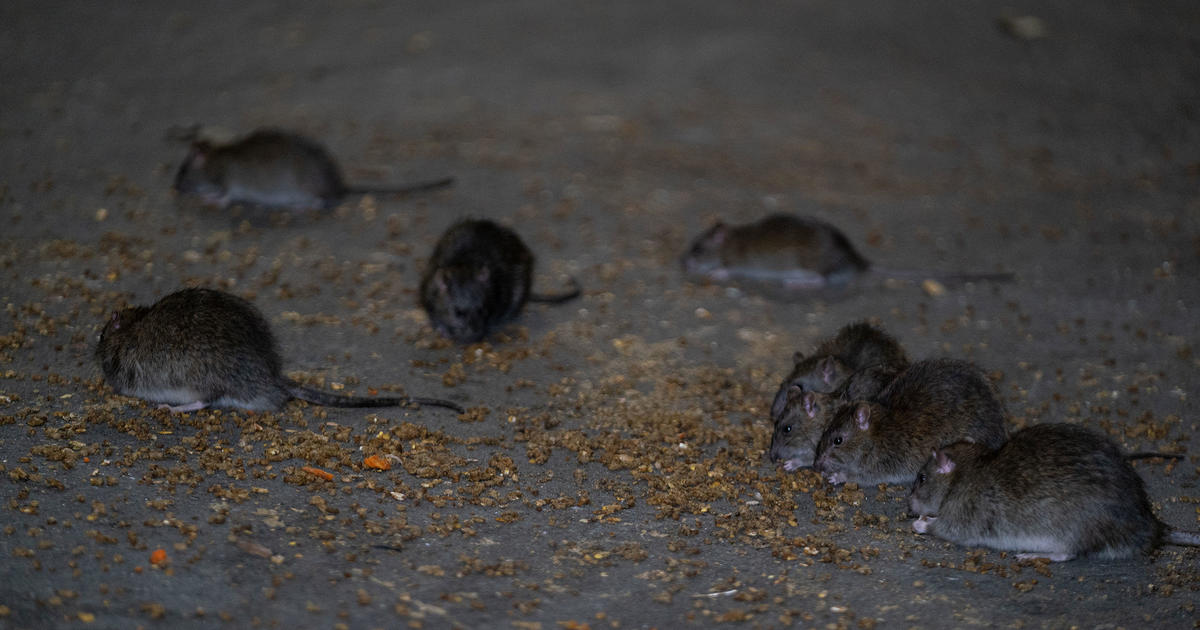Connecticut Considers Bear Hunt Amid Rising Population, Sightings
HARTFORD, Conn. (CBSNewYork) -- There's a reason bear sightings are up in Connecticut.
Bear populations have risen in the state to the point where environmental officials believe it's time to thin the population with a limited bear hunt.
Officials say there were almost no bears in Connecticut 30 years ago, but now the population estimate is more than 700 -- and growing at a 10 percent rate year-over-year. Bear sightings are also up 50 percent -- more than 6,400 over the past year.
Jim Horton traps nuisance wildlife on both sides of the state line.
"They come down through South Salem, Ridgefield, you know come through there. They end up -- in Armonk we had some sightings last year," he told CBS2's Lou Young.
There have also been reports of bears entering residential areas, rifling through trash and going through bird feeders.
Last week, several farms in the northern part of the state started losing their livestock, Young reported.
"We're one of the few states that has a healthy population of bears that does not have some type of population regulation," Connecticut State Wildlife Biologist Paul Rego said.
You can hunt bears in New York and New Jersey, but in Connecticut opinions are divided.
"I could see having an open season for a little while to take out some bear," resident Butch DiNezzo said.
"Definitely against it. Leave them alone," another man said.
"Limited, very limited, humane bear hunt," one resident told WCBS 880's Sean Adams.
But Annie Hornish, of the Humane Society, says what's really needed is more education, and that people need to learn how to co-exist with the bears.
"A major contributor is accessible trash and there are bear-proof trash containers that people can buy," Hornish said. "Or you can keep garbage in your garage if possible."
Hornish said police can also help by scaring off the animals.
"Some people are alarmed, some people are excited over it. People don't know what to think," bear researcher Melissa Ruszcyk told Young.
Ruszcyk does seasonal work for the state, visiting bears in their dens and tagging them during their winter hibernation. She said their range is definitely expanding as young males branch out this time of year.
"They're kind of just looking for their own territories. They're looking for food, they're looking for females," Ruszcyk said.
Black bears were driven from Connecticut by hunters in the mid-1800s. They returned 40 years ago as farmland began reverting back to forest.



